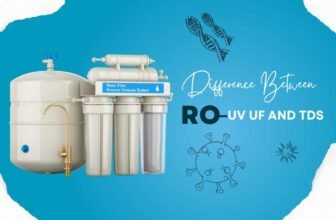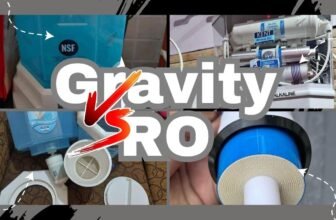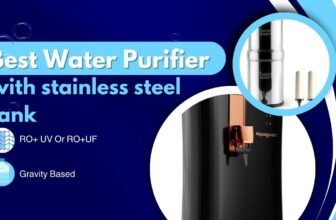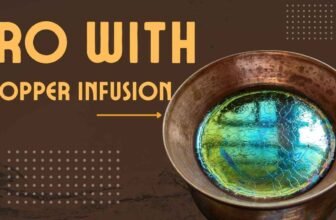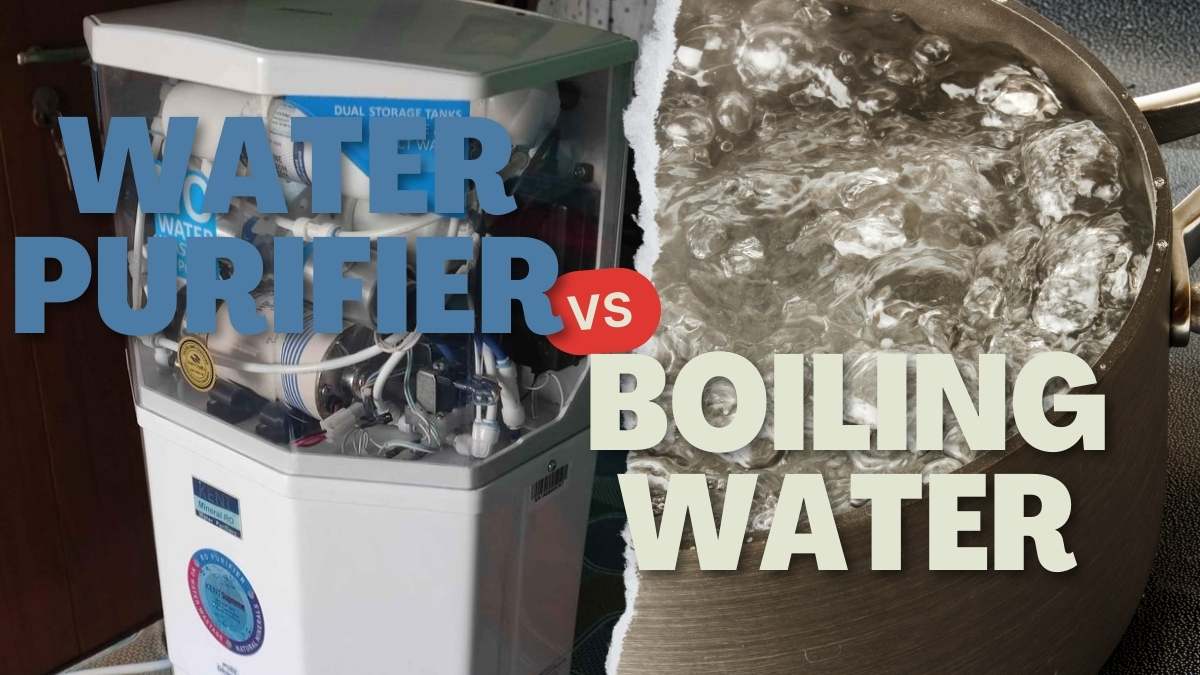
Water purifiers and boiling water are two of the predominant methods employed to ensure the safety and potability of drinking water. While boiling has been the traditional approach for centuries, leveraging heat to eliminate pathogens, modern water purification technology offers an array of solutions designed to eradicate contaminants with convenience and efficiency. Proponents of water purifiers suggest that such systems not only remove bacteria and viruses but also eradicate chemical pollutants and heavy metals that boiling cannot address.
The choice between boiling water and using a water purifier must consider factors like cost, efficacy, and practicality. Despite the effectiveness of boiling in killing microorganisms, it falls short in removing other imperceptible pollutants pervading water sources. Conversely, water purifiers, ranging from simple charcoal filters to sophisticated reverse osmosis systems, claim to deliver superior water quality by targeting a broad spectrum of contaminants.
It is crucial to recognise the importance of safe drinking water and the implications of the chosen purification method on health and the environment. Evaluating the merits and limitations of each method advances the conversation on water purity, guiding consumers toward informed decisions that reflect their needs and values. As such, individuals must weigh personal convenience against comprehensive water treatment capabilities when selecting the most appropriate method for ensuring safe and clean drinking water.
Evaluating Boiling as a Purification Method
In considering whether boiling is an adequate method for purifying water, one must examine its effectiveness in killing microorganisms, its impact on tap water, and whether it addresses all contaminants.
Is Boiling Water Sufficient for Purification?
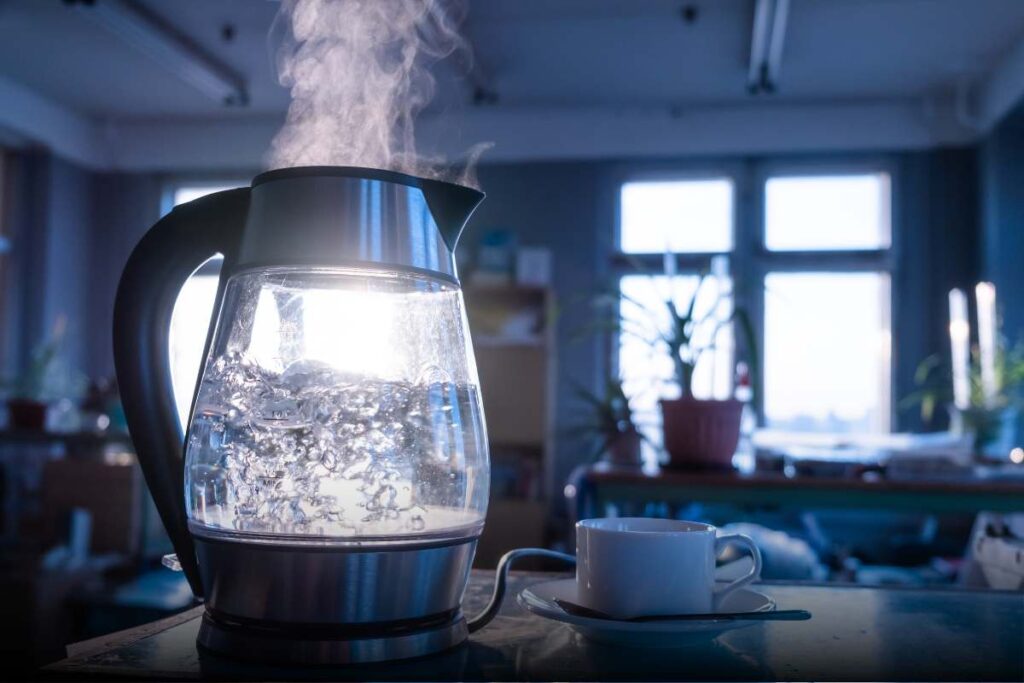
Boiling water is a traditional method of purifying water that primarily targets and deactivates harmful microorganisms. To achieve purification, water must be brought to a rolling boil, typically for at least one minute. This process is effective at neutralising faecal coliforms, protozoan cysts, and viruses, thereby making the water safe to drink in the short term.
Boiling Tap Water: Is it Effective?
While boiling tap water can inactivate most pathogens, it does not remove chemical contaminants or dissolved solids. Health inspectors often recommend boiling water during advisory periods when tap water may be contaminated due to specific events such as a natural disaster or pipeline issues. For routine consumption, depending on the quality of the source, boiling alone might not ensure completely safe drinking water.
Disadvantages of Boiling Water
The process of boiling water, as a means to purify, introduces several disadvantages:
- Energy Consumption: It requires a significant amount of energy to boil water consistently.
- No Residual Protection: Post-boiling, water has no residual protection against recontamination once it cools.
- Taste and Odour: The boiling process does not improve the taste or odour of the water, which might be affected by dissolved gases and minerals.
- Chemical Contaminants: Unlike methods like using a water purifier, boiling does not remove chemical pollutants, which can remain in the water you drink.
- Time-Consuming: Regular boiling is time-consuming compared to other methods like filtering tap water.
Comparison of Boiling and Alternative Methods
In evaluating the best method to purify drinking water, we compare boiling to alternative purification methods—each offering different levels of effectiveness and convenience.
Boiling vs. Filtering: The Debate
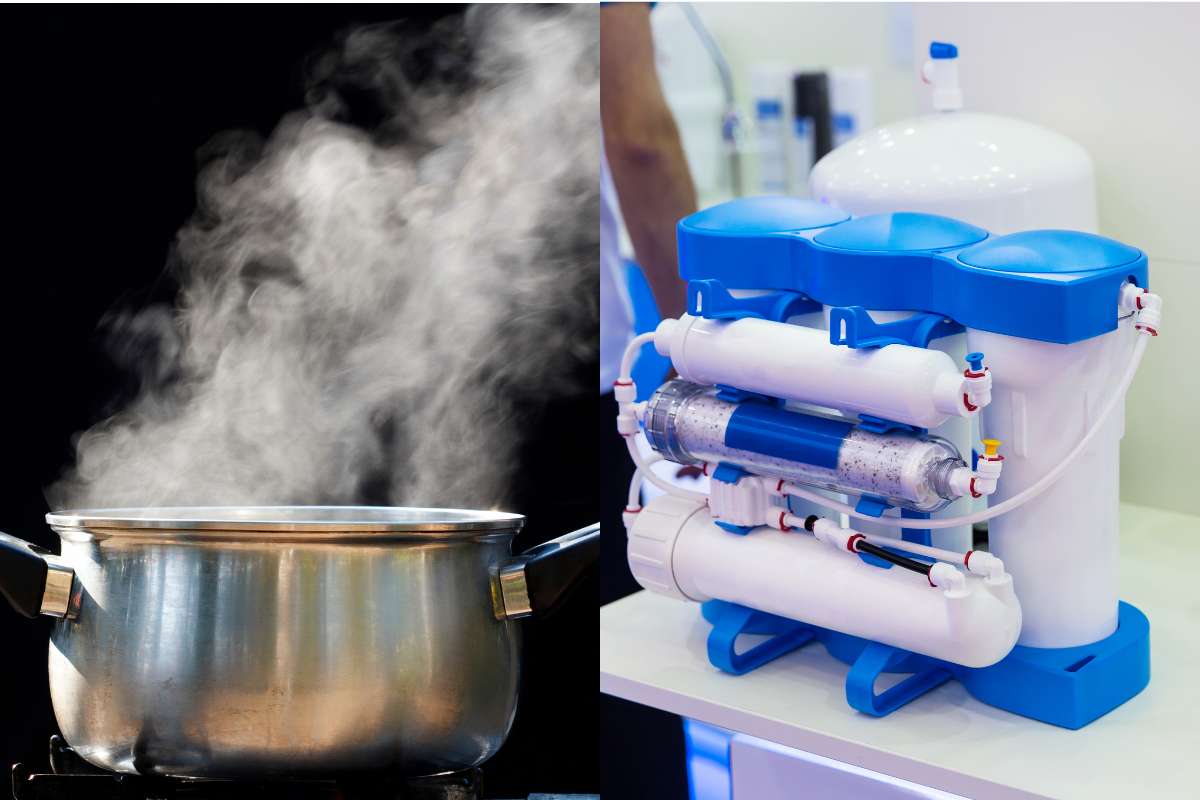
Boiling water is a traditional method to make water safe by eliminating bacteria and viruses that cannot survive high temperatures. In contrast, water filters capture and remove contaminants without the need for heat, which water filtration is much faster than boiling. Filters can include activated carbon, reverse osmosis, or ultraviolet rays to purify the water.
Ways of Purifying Water without Boiling
Aside from boiling, other methods to purify drinking water include:
- Chemical purification with iodine or chlorine.
- Ultraviolet (UV) light treatment.
- Reverse osmosis systems.
- Distillation.
Comparing Boiled Water vs. Purified Water
While boiled water is generally safe from microbial threats, it may not remove dissolved solids or chemicals. Purified water, especially when processed through advanced filtration systems, is stripped of both living organisms and dissolved impurities, resulting in pure water.
The Effectiveness of Water Purification Methods
The most effective way to purify water often involves a combination of methods. For instance, filtering can remove physical and some chemical contaminants, while UV purification can add a layer of protection against microorganisms. Compared to boiled water, multi-stage filters can offer a broader spectrum of purification.
Comparing Boiling and Filtration in Water Purifiers
Water purifiers often incorporate both boiling and filtering in different stages. While boiling ensures the water is microbial-safe, the various types of water filters then enhance the quality:
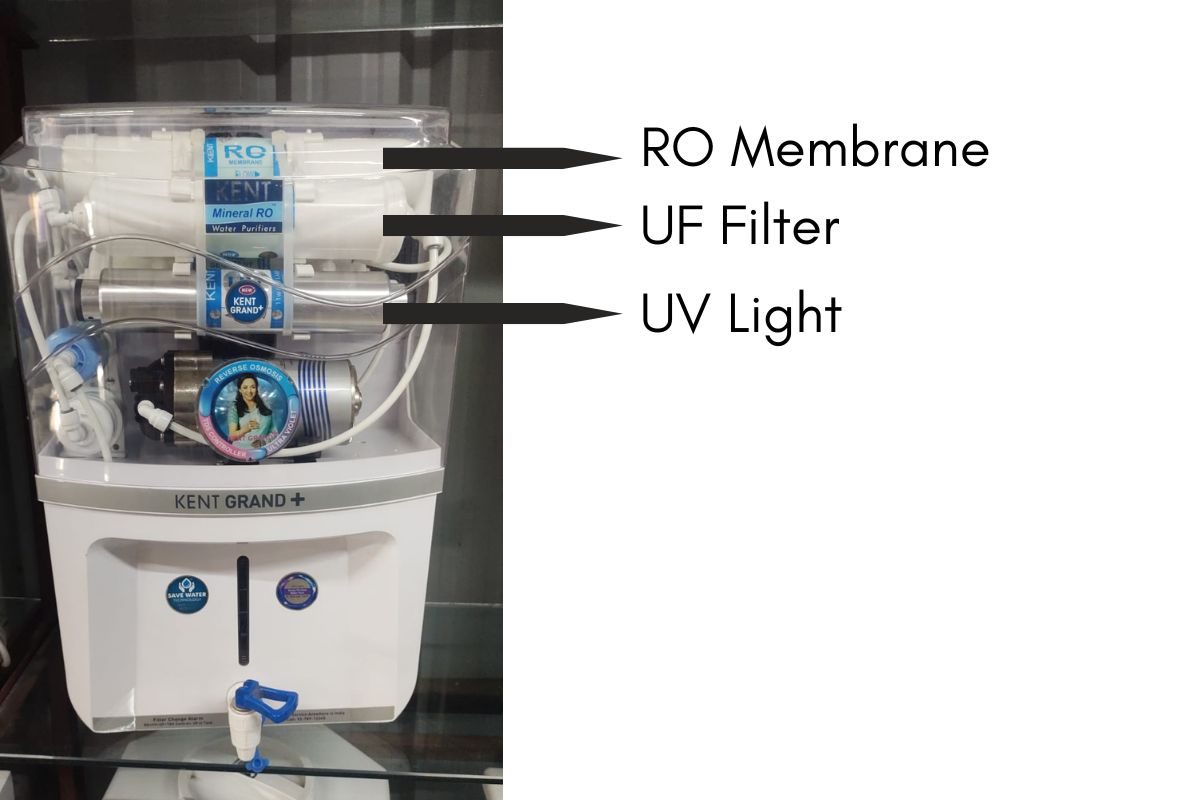
- Sediment filters for suspended particles.
- Carbon filters for taste and smell.
- UV filters for any residual microorganisms.
Understanding Water Purifiers
Water purifiers are integral to ensuring access to clean drinking water by employing various filtration methods to remove contaminants and improve water quality. They are designed to address a variety of water concerns, providing safe and great tasting water without impurities.
Water Purifiers: How Do They Work?
Water purifiers function through different methods of water purification to clean the water. The common technologies used include Reverse Osmosis (RO), Ultraviolet (UV) purification, and Ultrafiltration (UF). RO systems push water through a semi-permeable membrane, removing dissolved solids and impurities. UV purification uses UV light to kill bacteria and viruses without altering the water’s taste. UF employs a membrane to physically remove particles and pathogens from water.
Benefits of Using a Water Purifier
Water filters offer numerous benefits, including the removal of harmful contaminants that boiling misses and improving the overall taste and odour of the water, thus providing clean drinking water. They can reduce the risk of diseases associated with unsafe water, are cost-effective in the long run, and are more environmentally friendly than buying bottled water.
Factors to Consider in Choosing the Best Water Purifier
Selecting the best water purifier involves understanding the local water quality and determining which contaminants need to be addressed. Consideration should also be given to the purification capacity, the cost of replacement filters, after-sales service, and the different types of water filters offered by each system.
Types of Water Purification Systems
There is a variety of water purification systems, including:
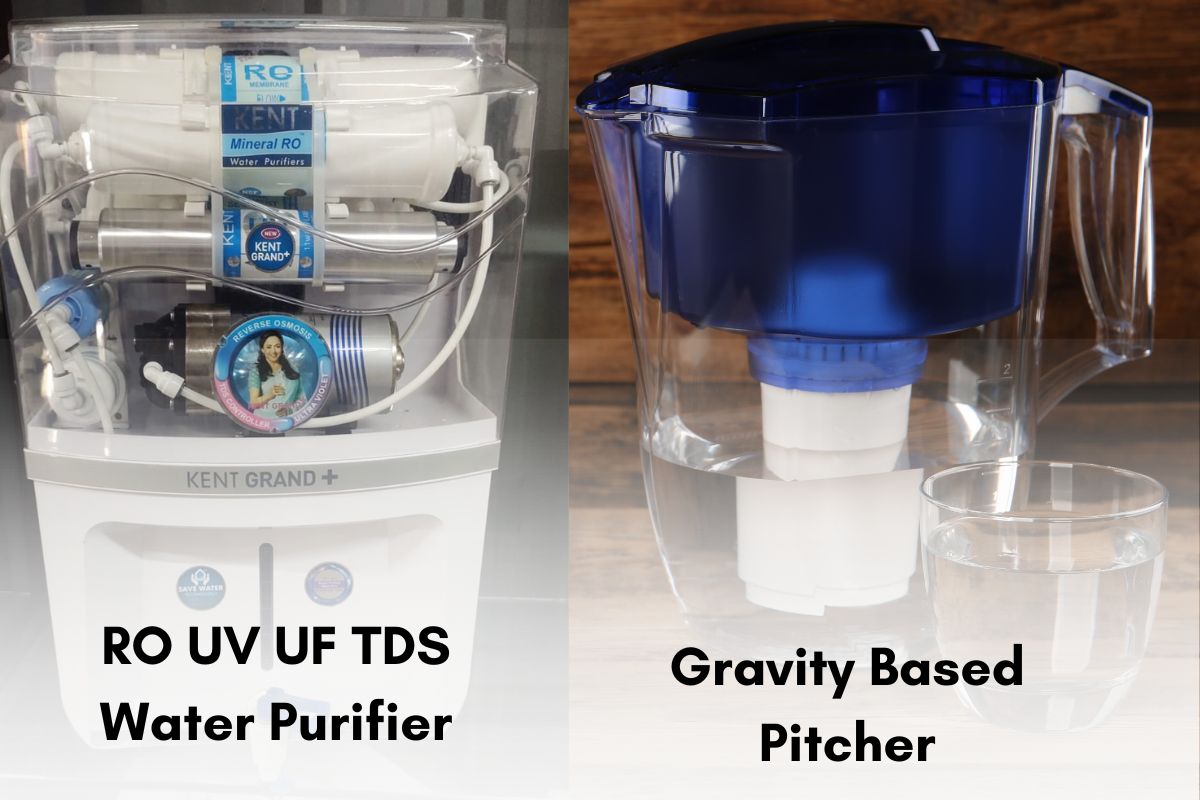
- Gravity-Based Filters: Best suited for areas with low TDS (Total Dissolved Solids) levels.
- RO Purifiers: Ideal for high TDS water, removing heavy metals and hardness.
- UV Purifiers: Effective against microbiological impurities like bacteria.
- Universal Purifiers: Combine multiple technologies to treat a variety of water types.
Each system addresses specific water filtration needs, making it essential to choose one that aligns with the water quality in one’s area to ensure safe water supply.
Water Quality and Safety
When considering drinking water options for your home, it’s essential to understand not just the quality of the water that comes from purification and tap sources but also the safety and effectiveness of boiling as a treatment method.
Water Quality: Purified vs. Tap Water
Purified water typically undergoes a multi-stage water treatment process that may include reverse osmosis, UV treatment, and carbon filtering. This results in clean water that is generally free from chemical contaminants and pathogens, making the water safe to drink.
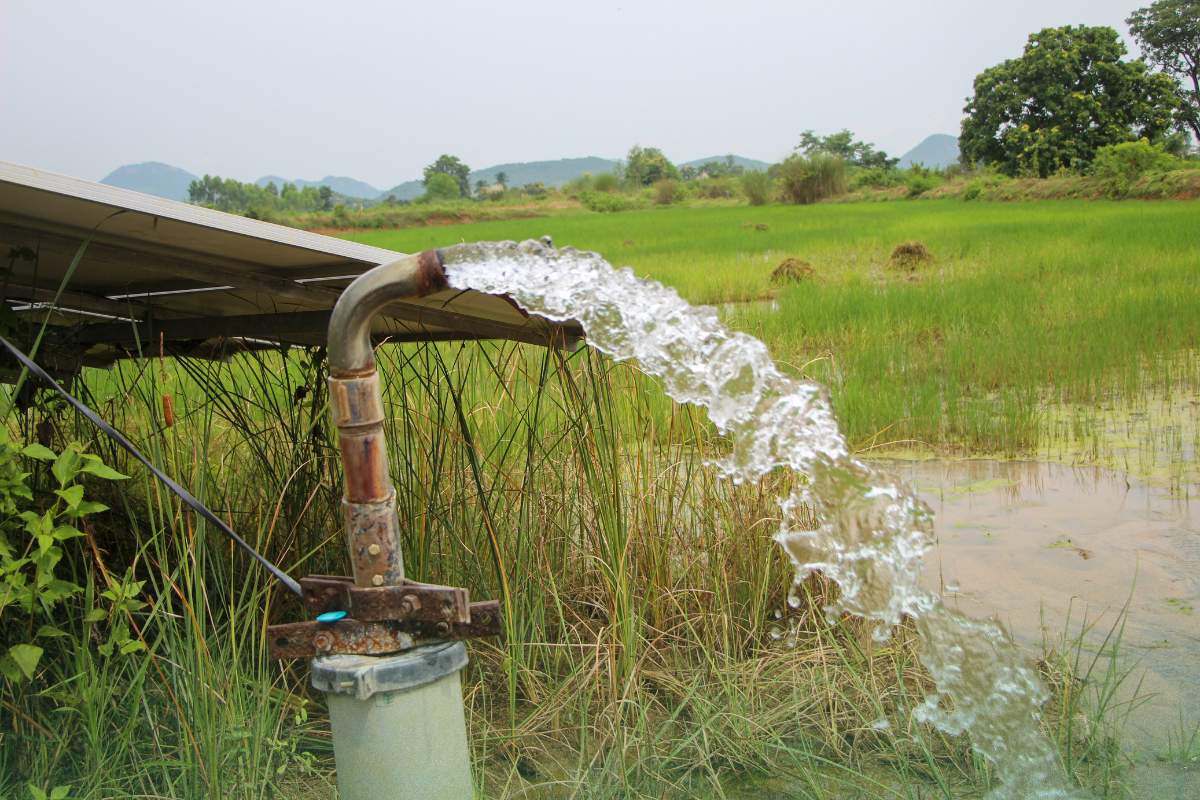
On the other hand, tap water quality can significantly vary depending on the local supply and the presence of water contaminants which may necessitate an additional water filtration system to ensure water purity.
How Safe is Boiled Water for Drinking?
Boiling water is a well-known method to make drinking boiled water safe. The high temperatures effectively kill bacteria, viruses, and protozoa, which renders the water safe to drink. However, it’s worth noting that boiling water can only remove biological contaminants and not chemical pollutants or heavy metals; hence, the quality of water may still be compromised if it contains such substances.
Ensuring Clean Drinking Water through Boiling
To ensure the clean drinking water quality, the boiling process should be conducted correctly. Water should reach a rolling boil for at least one minute to effectively kill most pathogens. Despite this, some contaminants that may be present in tap water, such as lead and pesticides, are not removed by boiling, highlighting the importance of water quality control measures.
Impact of Boiling and Filtering on Water Contaminants
Boiling and filtering are two methods to address water contaminants. A water filtration system can remove particulates, certain chemicals, and even pathogens, depending on the technology used. Boiling water, while reliable for eradicating biological threats, does not affect dissolved solids or chemical impurities. Therefore, for comprehensive safety, the water in your home may require both boiling and a filtration method to ensure the purity of water.
Health and Environmental Implications
The choice between using water purifiers and boiling water has significant health and environmental implications. It’s essential to understand these impacts to make an informed decision about drinking water safety and sustainability.
Drinking Boiled Water: Health Implications
Boiling water is a common method to make water safe from pathogens like viruses, bacteria, and parasites. When water is heated to its boiling point, which is 100°C, it can neutralise harmful organisms unable to withstand high temperatures. However, this method does not remove chemical pollutants, heavy metals, or sediments.
Boiled and Filtered Water: Which is Healthier?
Filtered water often provides a higher purity level compared to boiled water, as many filtration systems are designed to remove chemical contaminants and particulates alongside biological hazards. Therefore, filtered water is preferable for ensuring the water is healthier and safer for consumption, especially in areas where water sources are known to be contaminated by more than just microorganisms.
Boiling Water vs. Filtering: Environmental Impact and Sustainability
The sustainability of water purification methods is another critical factor. Boiling water: energy consumption and environmental effects are intertwined since boiling requires significant amounts of energy, typically from non-renewable resources, leading to a higher carbon footprint. In contrast, many water filters use less energy and can provide clean water with a lower overall environmental impact.
Reducing Plastic Usage with Water Filters
Water filters can substantially reduce the dependency on bottled water. Bottled water not only contributes to increased plastic waste but also involves the transportation and production costs that negatively affect the environment. By opting for water filters, households and communities can minimise water bottles’ environmental burden, supporting more sustainable water consumption practices.



